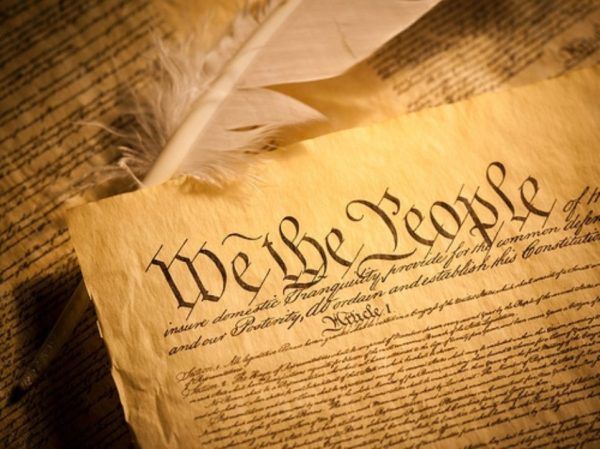
For the past 60 years, the Supreme Court has characterized electronic surveillance as a search that can only be conducted pursuant to a warrant issued by a judge based on probable cause of crime, which itself must be presented under oath to the judge. The warrant must specifically describe the place to be searched and the person or thing to be seized.
By failing to comply with these constitutional requirements, the FBI violated the natural and constitutionally protected right to be left alone of millions of Americans.
Yet, all of this was perfectly lawful. How can government behavior be both lawful and unconstitutional at the same time and in the same respect?